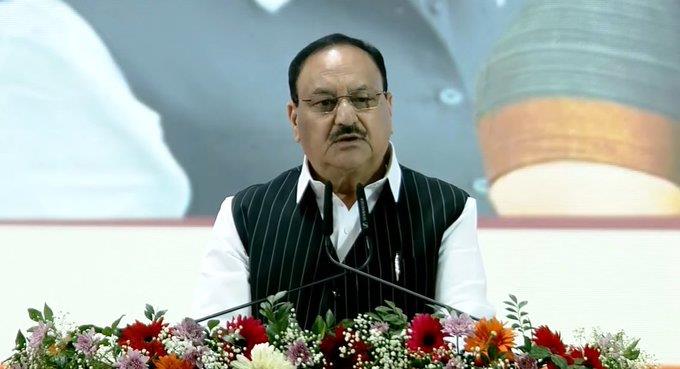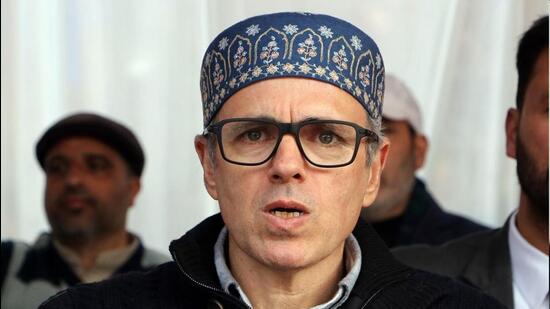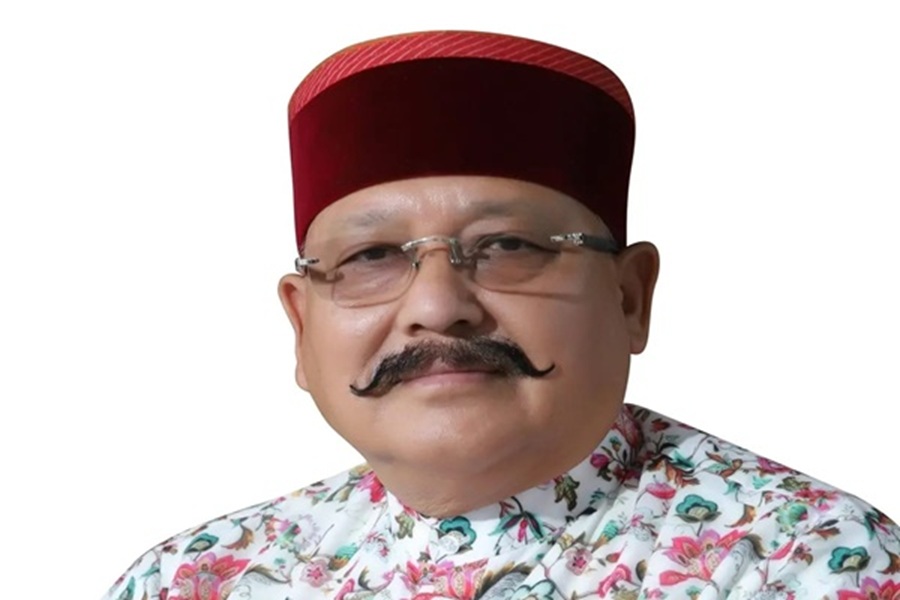Half a million Romanian protesters demand government's resignation
Mon 06 Feb 2017, 12:54:50
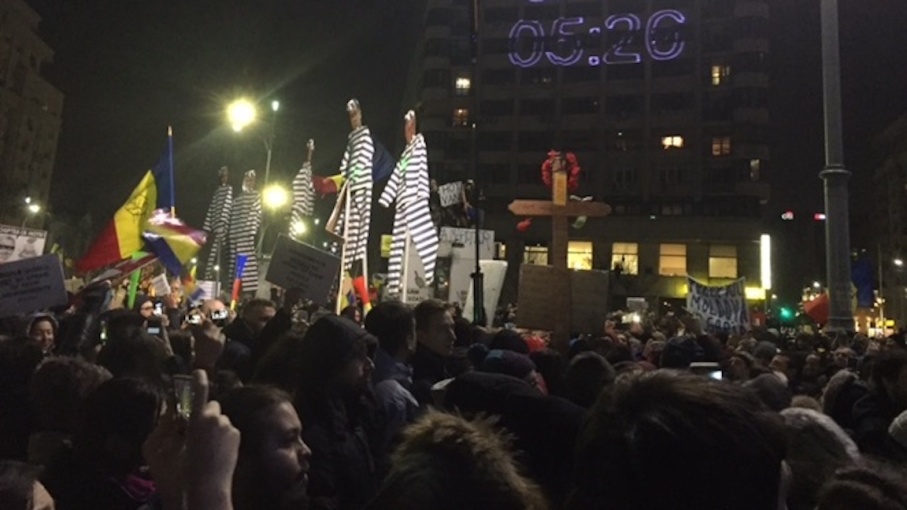
Romania saw the largest protests since the fall of Communism on February 5, with an estimated 500,000 people demonstrating across the country against the government, just one month after it took office.
This was the sixth day in a row of protests, which started following a government decision to adopt an emergency ordinance partly decriminalising abuse of office late on January 31. The wave of protests seems far from ending, as protesters are now asking for the resignation of the government.
The protest on February 5 managed to gather an estimated 300,000 people in the country's capital Bucharest. The huge Victory Square, where the government headquarters is located, was too small for all the protesters who came to show their outrage with the government, including many who had travelled from other cities.
The protest took place despite the government giving in to pressure from the streets and repealing the controversial ordinance during the day. However, this was not enough for the hundreds of thousands of people who are now asking for the government's resignation and for a political class free from corruption. In addition, rumours in the media that some of the provisions of the emergency ordinance are now included in a draft bill to be sent to the parliament outraged the protesters even more.
"I have come here because I don't trust them. If they did what they did, you can expect anything from them. They don't fool us, they are planning to adopt the changes by bill in parliament and we won't tolerate this," a woman who had come from Buzau, 100km from Bucharest, told bne Intellinews in Victory Square.
"What was the emergency, why did they adopt the changes by emergency ordinance? This shows their bad intentions. I am sorry we did not take steps to fight their abuses before," she added.
While the anti governmental protest managed to gather a record number of participants, a counter demonstration in support of the government was attended by only around 1,500 people. The participants also asked for the resignation of the president, who has been a harsh critic of the controversial ordinance. They accused him of dividing the Romanian population into two.
Corruption is one of Romania's main problems and the progress it has made in fighting recently it has been put at risk by the controversial ordinance drafted by the justice ministry. In the past weeks, Romania has been criticised by its international partners and institutions for taking steps backwards in its struggle to fight corruption.
If they had come into force, the amendments to the Criminal Code would have partly decriminalised abuse of office. It would have been redefined so that it will be a criminal offence only if the damage caused exceeded RON200,000 (€44,500). Many politicians would have benefited from it, including the leader of the ruling Social Democratic Party (PSD), Liviu Dragnea.
The protest on February 5 was by far the largest so far, considering that the number of participants grew significantly from the previous ones, even from that on February 4, when 180,000 people gathered in Bucharest. One of the most dramatic moments was at 9pm when the square was illuminated by the lights of the hundreds of thousands of protesters' mobile phones, an image which
will remain iconic for the anticorruption protests in Romania. The national anthem was sung every hour, while moments of silence were also kept.
will remain iconic for the anticorruption protests in Romania. The national anthem was sung every hour, while moments of silence were also kept.
Waving flags, the protesters filled the Victory Square in the evening, and continued to chant the well known slogans "DNA, should come and take you”, "PSD, the red plague" and "Thieves." The protesters have now moved further with their requests, as the ordinance has been cancelled, asking the government, which had stayed indifferent to their protests for days, to resign. From time to time, one could hear the crowds chanting "Early elections”.
Some EU and US flags were also waved in the Victory Square, as a sign of people's respect for the EU and the US embassy which had criticised the planned changes to criminal legislation.
Messages such as "We are not giving in”, "#resist" and "We can see you" were projected on the government headquarters as well as the buildings around the square. However, despite the number of participants and slogans chanted, the most impressive thing was probably the unity among the participants, all of them with the same ideals - to live in a country with no corruption, to fight for justice and refuse to accept abuse.
The anti-governmental protest was not the only one to be organised in Bucharest on February 5. Up to 1,500 supporters of Sorin Grindeanu’s government gathered in front of the Cotroceni Palace, the presidency's headquarters, showing their support for the government and asking for the resignation of President Klaus Iohannis.
The PSD leader has denied any involvement in organising the protest. However, lately there have been voices in the party who claimed that the PSD should organise a protest. On February 4, Dragnea has told DC News that "the members and supporters of PSD can no longer be stopped, the people want to go out on the streets to show their deep disapproval with the movement inspired by Soros which we are watching.” Businessman and philanthropist George Soros is a common scapegoat in Eastern Europe.
People chanted slogans agains Iohannis, whom they called “traitor", and the head of the National Anticorruption Directorate, Laura Codruta Kovesi.
"I am protesting against Iohannis who is dividing the country in two by taking the part of the anti governmental protesters. This government is legitimate, it is the result of the population' s vote. People should have voted if they wanted something else. I want my vote to be respected," a 65-year old protester told bne Intellinews.
Despite the government's repealing the ordinance that caused the mass protests in the country, the situation seems far from calming. A new anti-governmental protest has been announced on Facebook for February 6 in Bucharest. It should be taken into consideration that the PSD could also organise counter demonstrations.
As neither the anti-government protesters nor the government seem ready to give in soon, the country might be paralysed by protests in the coming days. The development of the situation depends much on how the things will develop inside the PSD, if they are ready to sacrifice the government or make other changes that will defuse the situation. Grindeanu announced on February 5 he is not going to resign, according to press reports.
No Comments For This Post, Be first to write a Comment.
Most viewed from International
Most viewed from World
AIMIM News
Latest Urdu News
Most Viewed
May 26, 2020
Do you think Canada-India relations will improve under New PM Mark Carney?
Latest Videos View All
Like Us
Home
About Us
Advertise With Us
All Polls
Epaper Archives
Privacy Policy
Contact Us
Download Etemaad App
© 2025 Etemaad Daily News, All Rights Reserved.

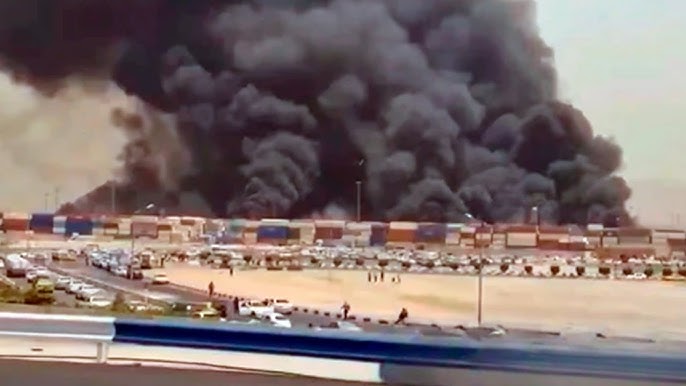
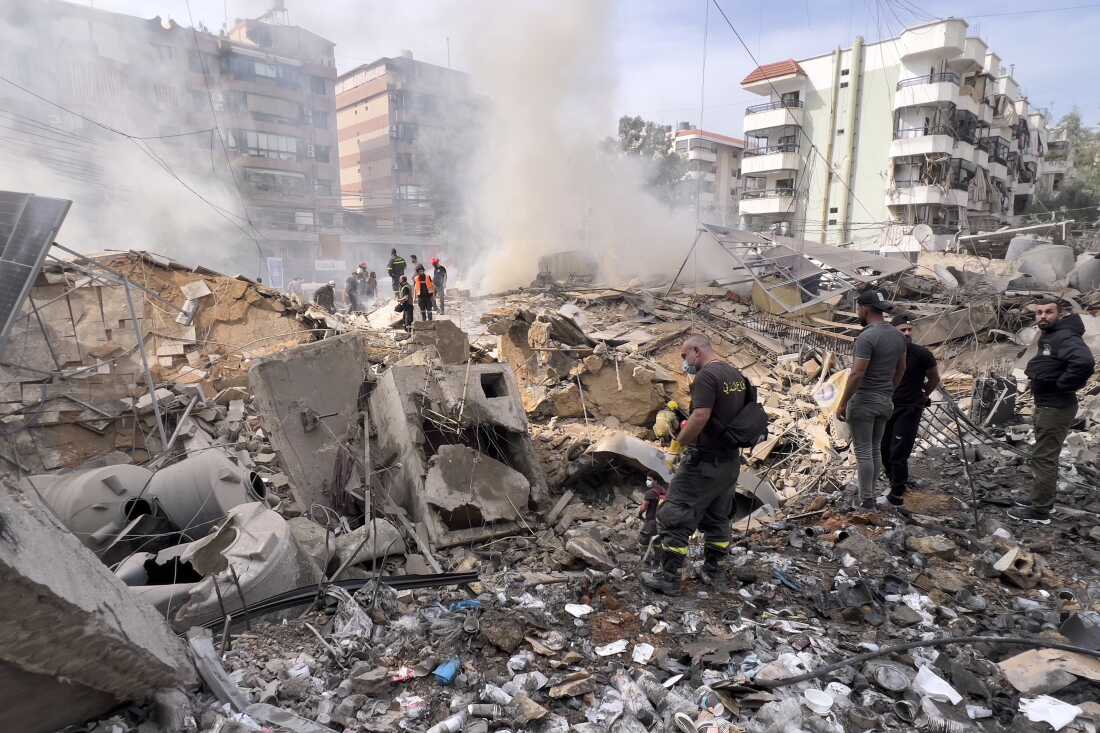

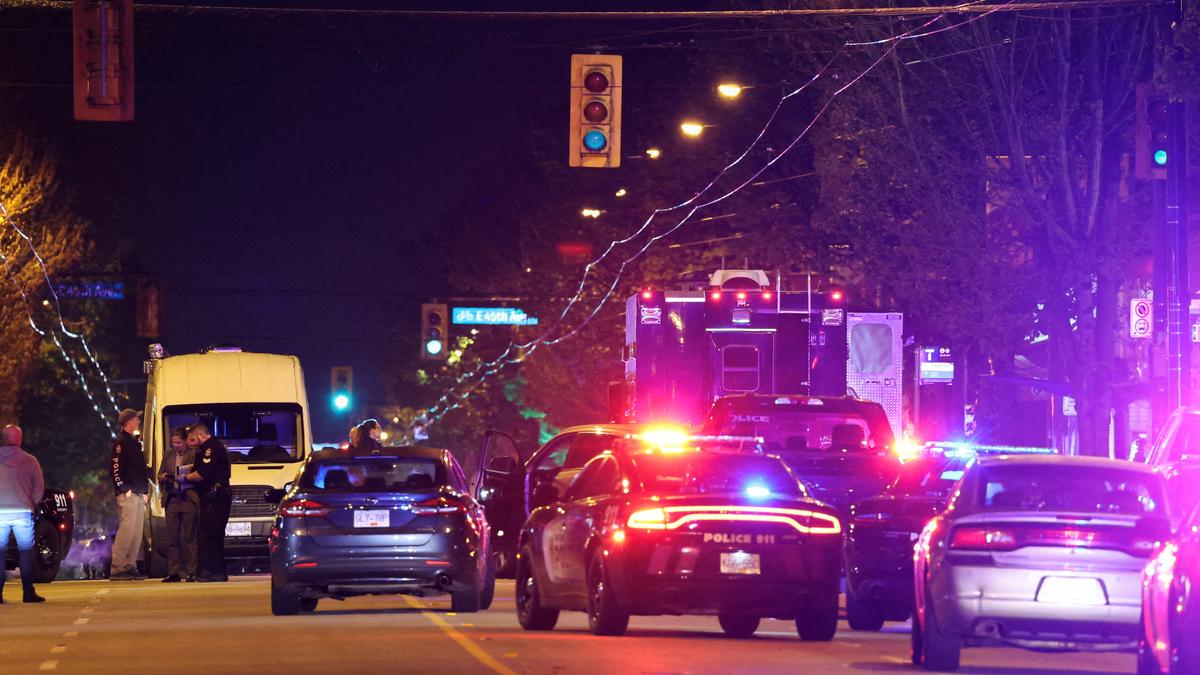


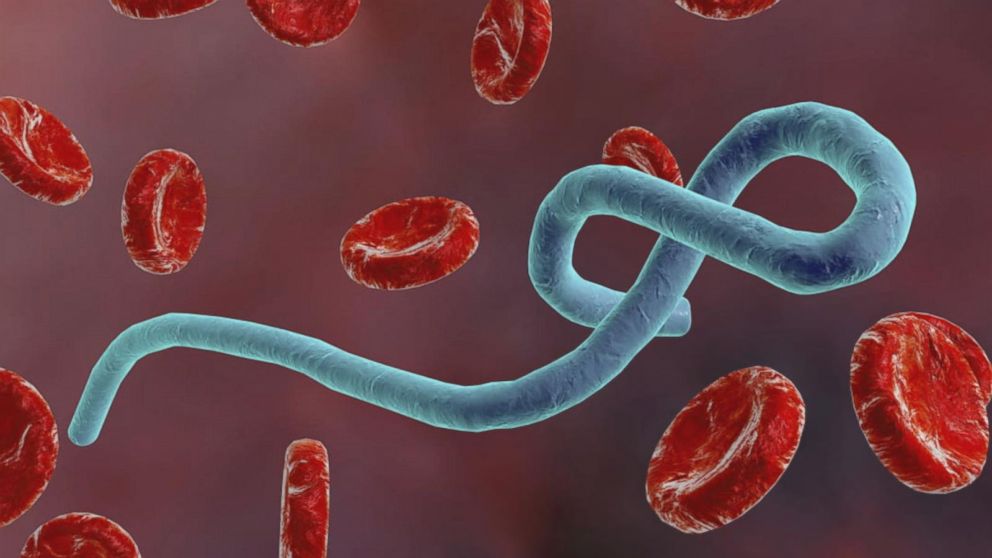
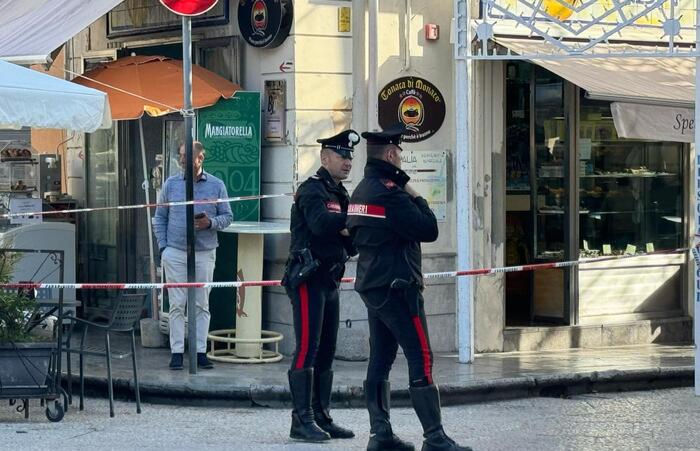
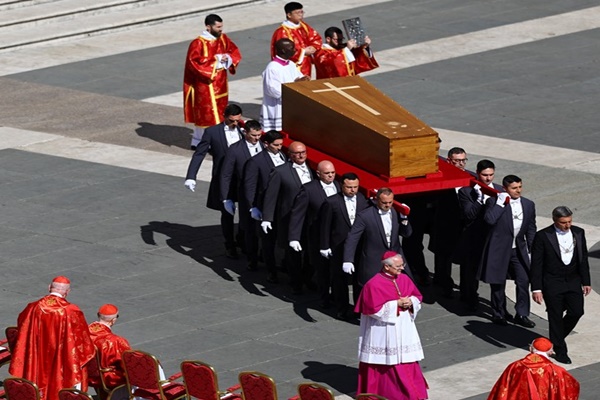
.jpg)
.jpg)
.jpg)




